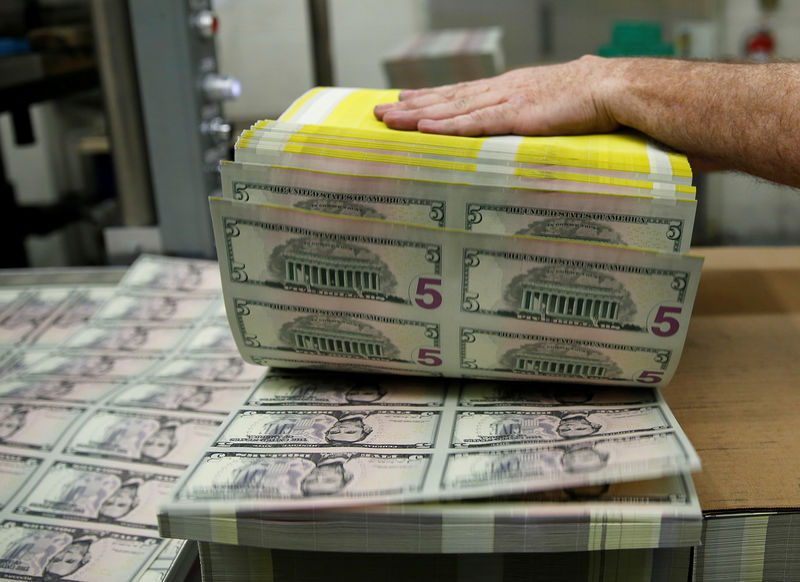By Mayela Armas and Mariela Nava
SAN ANTONIO/MARACAIBO, Venezuela (Reuters) - In San Antonio del Tachira, like scores of Venezuelan towns near the border with Colombia, if you want to buy food or medicine it is no use amassing huge piles of bolivar currency. You need Colombian pesos or U.S. dollars.
Hyperinflation running above 2 million percent per year in Venezuela has made the Venezuelan bolivar practically worthless. For those without electronic payment cards, foreign currency has become the only practical means of trade within the South American country.
Moises Hernandez, who works as a cleaner in San Antonio, is paid in Colombia pesos, which allows him to cross the border to the city of Cucuta to buy basic necessities.
"Unless we buy over there, we cannot eat," the 40-year-old told Reuters. "In Venezuela everything is more expensive."
Since Venezuelan President Nicolas Maduro legalized the use of foreign currencies last year, they have increasingly become the norm in many aspects of life.
In border areas and major towns, doctors, merchants and even plumbers require payment in Colombian, Brazilian, U.S. or European currency.
During a blackout that left much of Venezuela without electricity this week, the few bakeries, restaurants and pharmacies that remained open demanded cash because electronic payment systems were down. For most, that meant foreign currency.
In the western city of Maracaibo - the second-largest in Venezuela - those shops that remained open only accepted payments in U.S. dollars - 5-dollar bills and above.
"Everything is for sale in dollars and where do you find those bills?" asked Lila Matheus, 50, a mother of a 14-year-old boy in Maracaibo. "The truth is I'm afraid because I don't know where I am going to buy food."
Much of the foreign currency in Venezuela comes from the more than three million people who have migrated since 2015, according to the United Nations.
Those without friends and relatives outside the country can struggle. The minimum wage in Venezuela of 18,000 bolivars is equivalent to less than six dollars at the official rate.
But as basic goods become scarcer, even those able to pay in dollars are finding that inflation is soaring.
According to calculations by local firm Ecoanalitica, a basket of basic goods that would have cost $100 a year ago would now require $675 to purchase even in U.S. currency.
This week's blackout appears to have accelerated that trend. Bags of ice cost a dollar the first day of the outage in Caracas or six dollars in Maracaibo, according to Reuters witnesses. A few days later the price in dollars had tripled.
"A year ago, we managed to get by with the money sent from abroad," says Omaira Rodriguez, a retiree who lives in the sprawling Caracas slum of Petare. She receives remittances every fortnight from family members in Colombia and Spain.
"With what they send now, we have to work miracles because we are living through hyperinflation," said the former public servant, adding that her monthly pension in bolivars was only enough to buy a bag of laundry soap.
In border regions and in major cities, many businesses now openly set prices in foreign currency so as not to have to change their prices every day.
Near the southern border with Brazil, hotels, restaurants and shops list prices in the Brazilian currency, the real.
"On the border, nobody accepts the bolivar, the real is our currency," said the mayor of the border municipality of Gran Sabana, Emilio Gonzalez. "What we are going through is very complicated."
